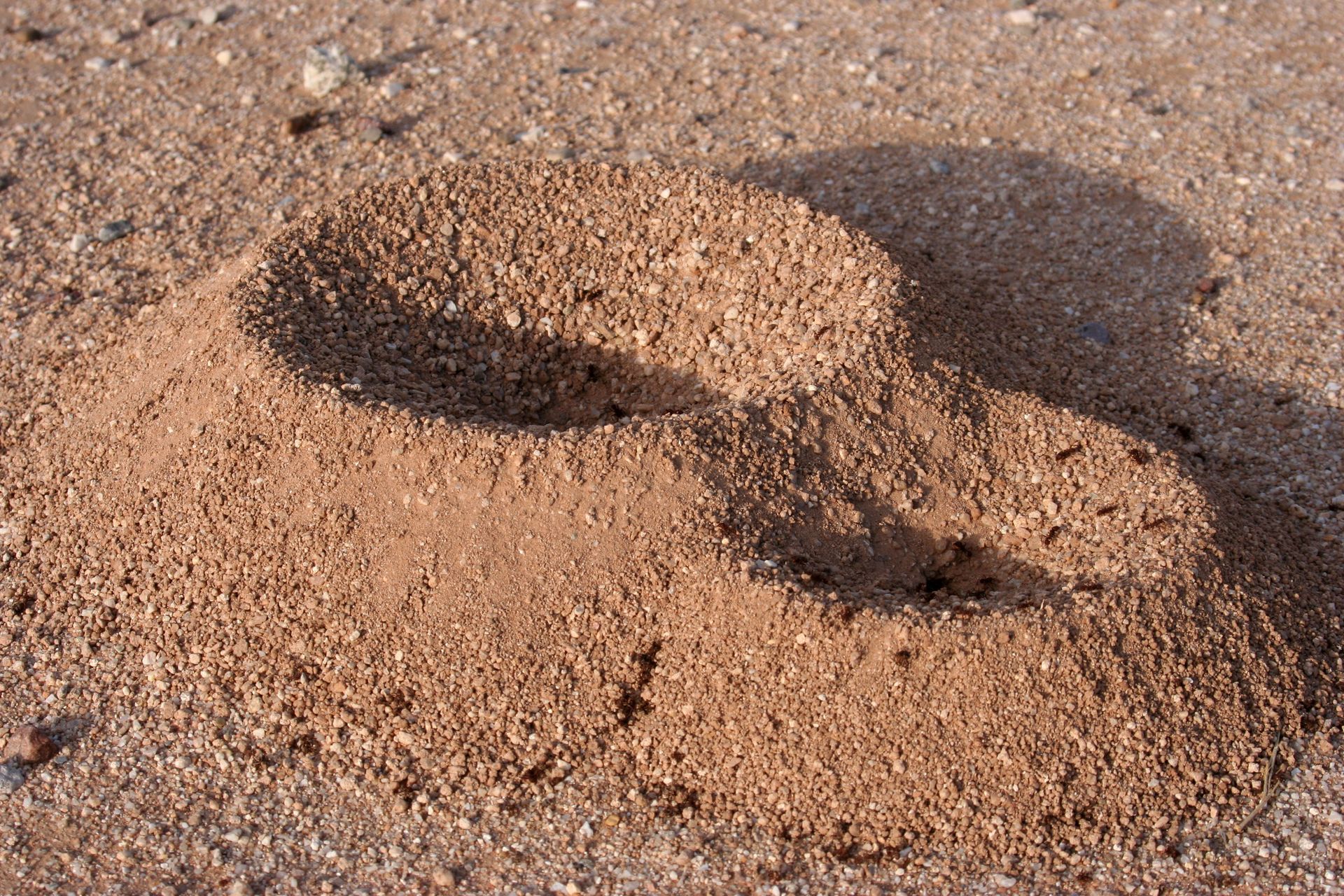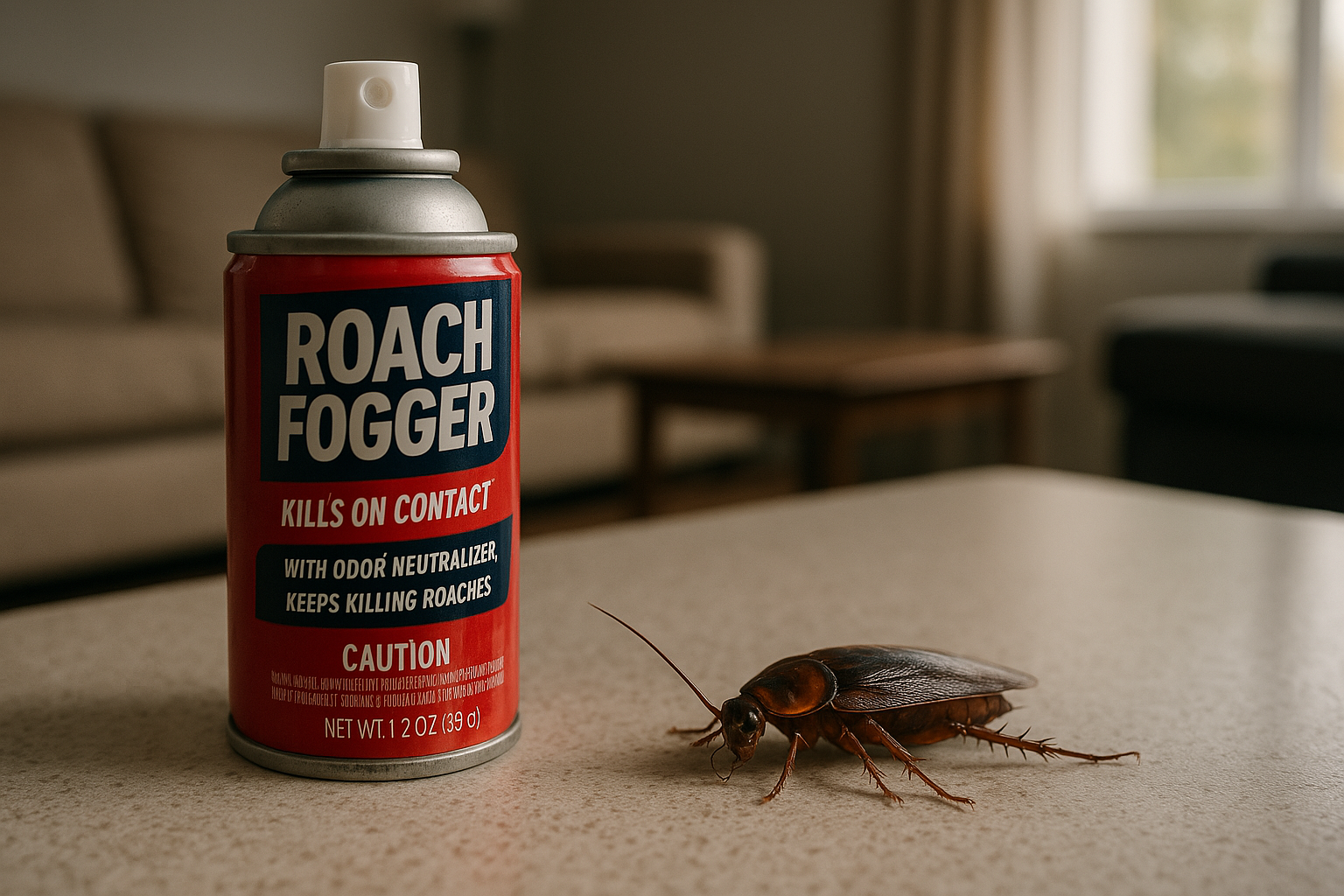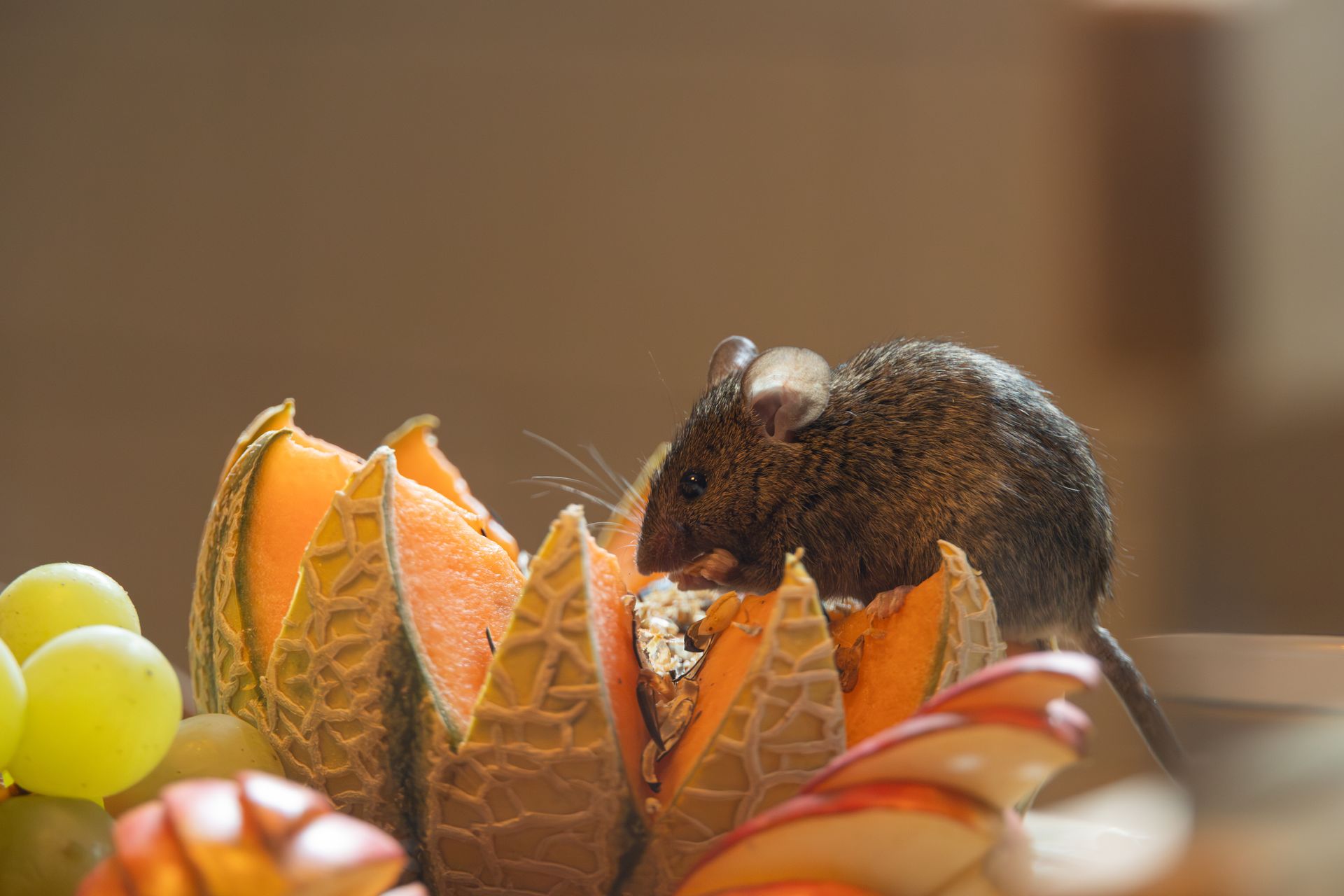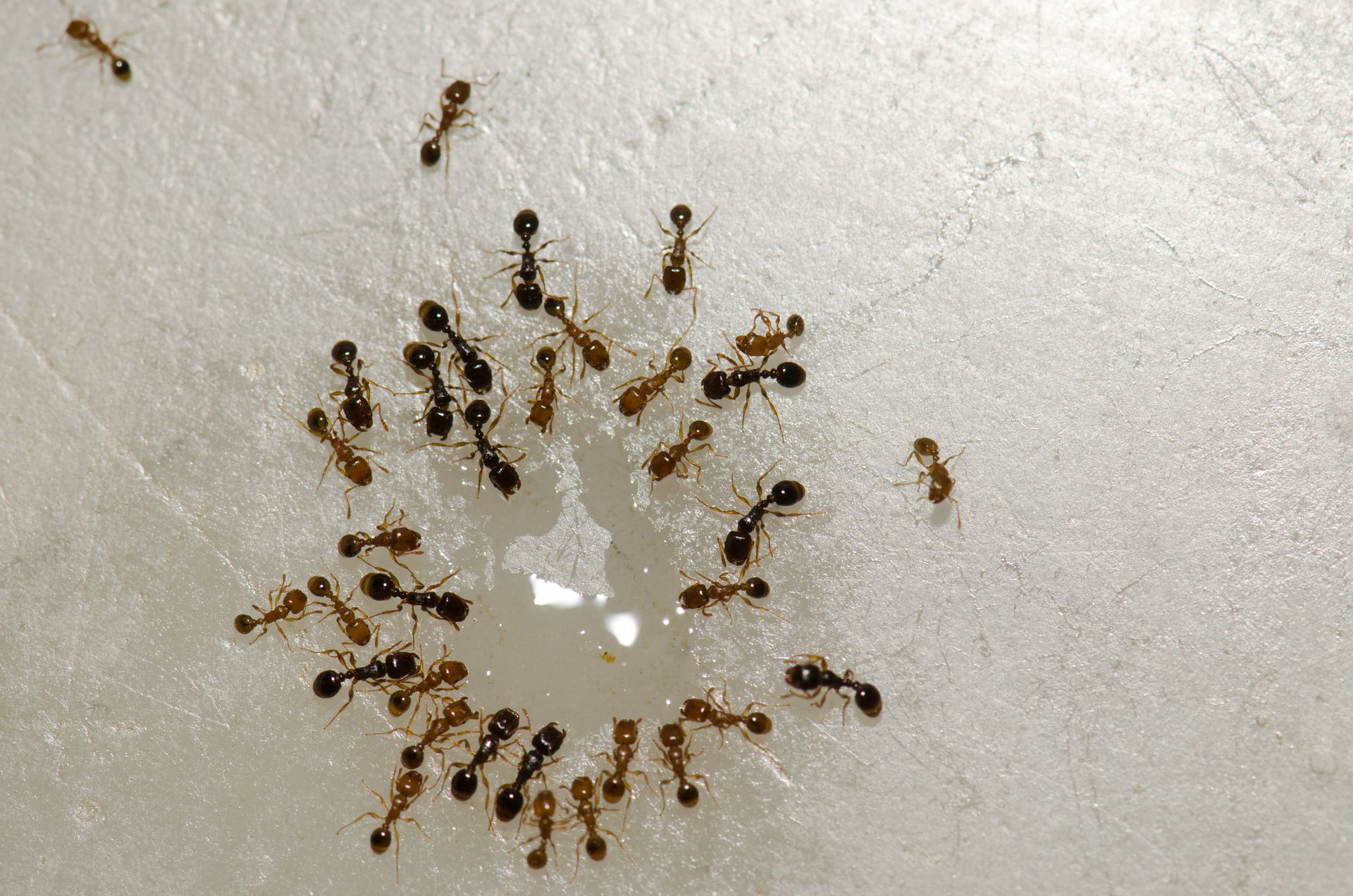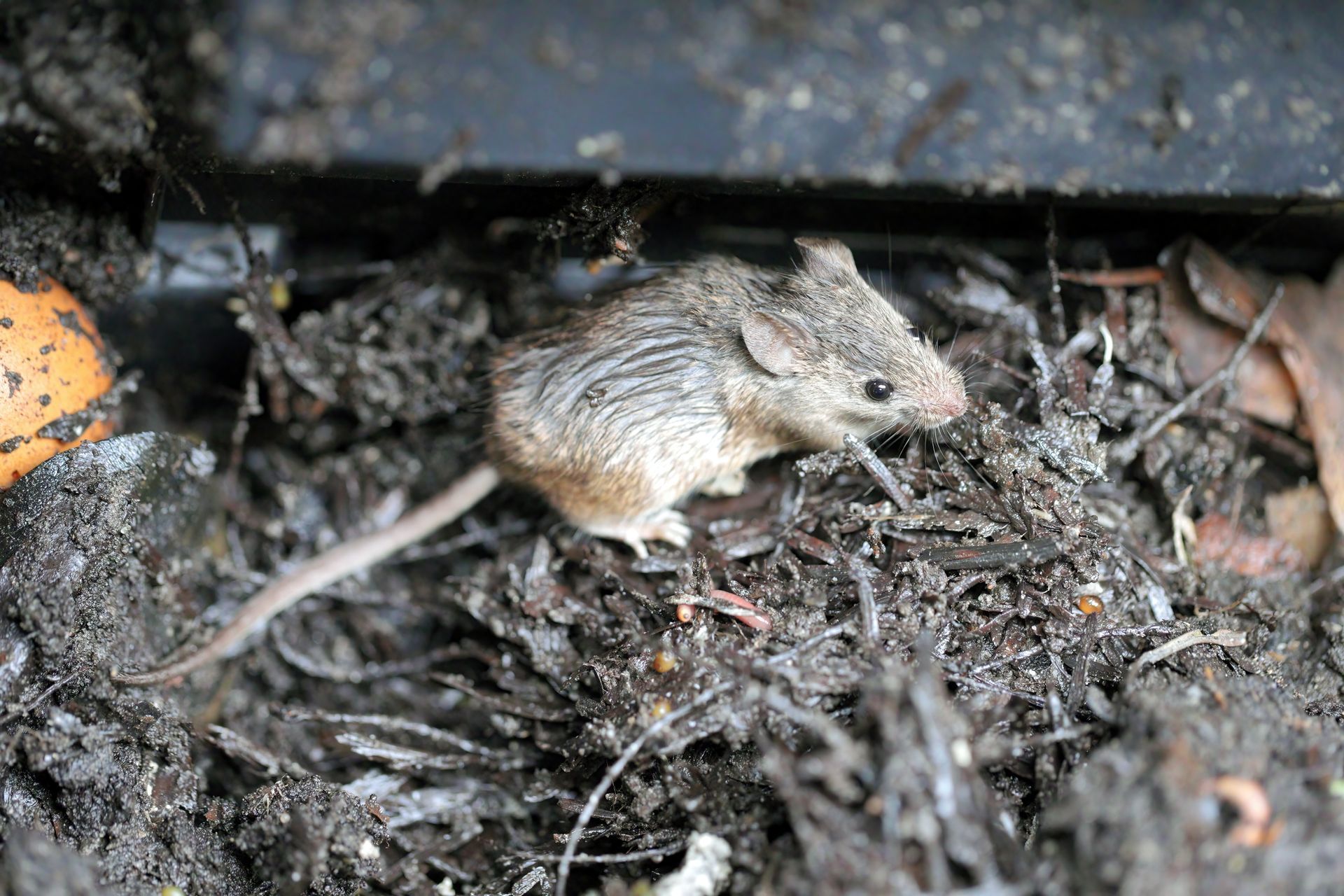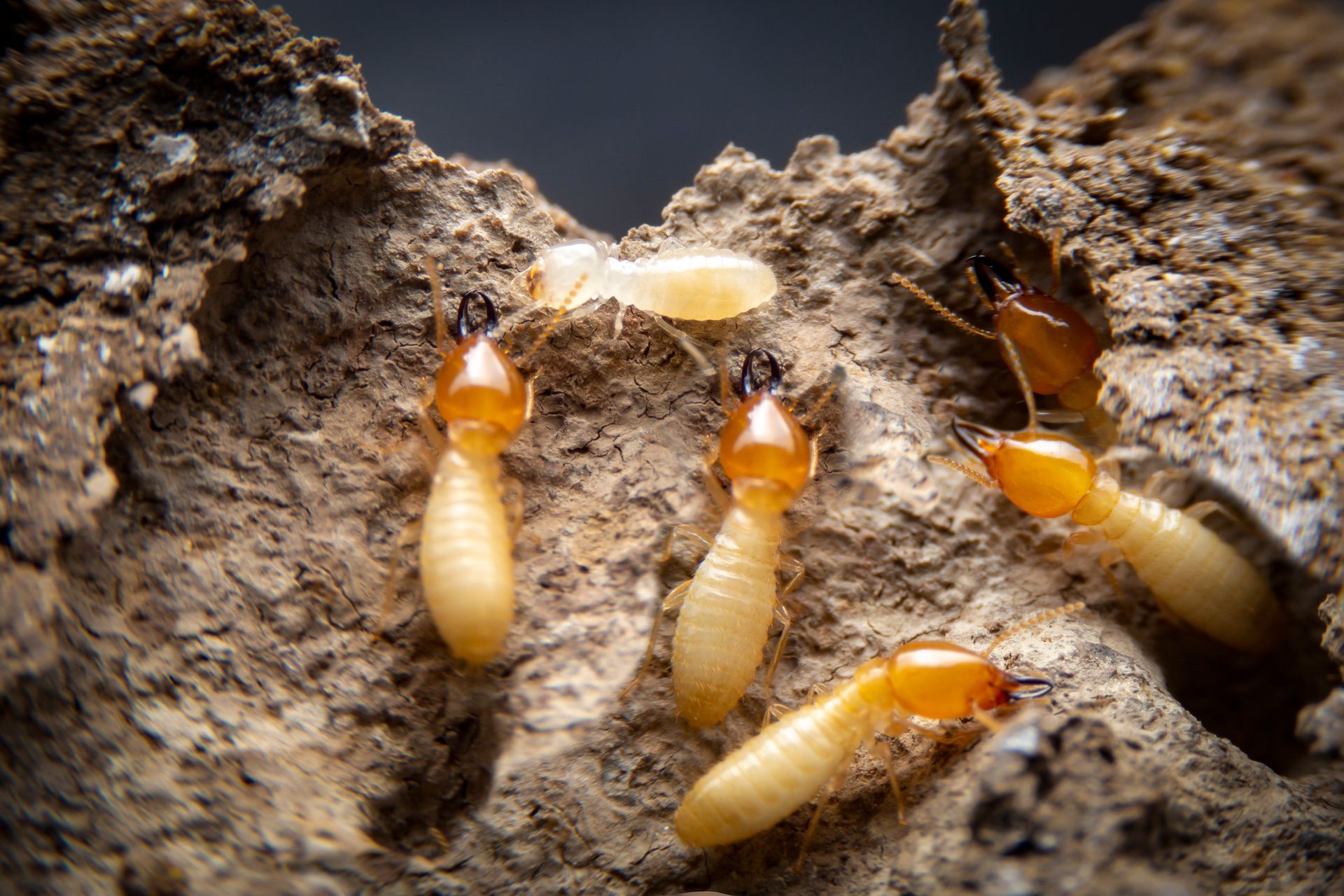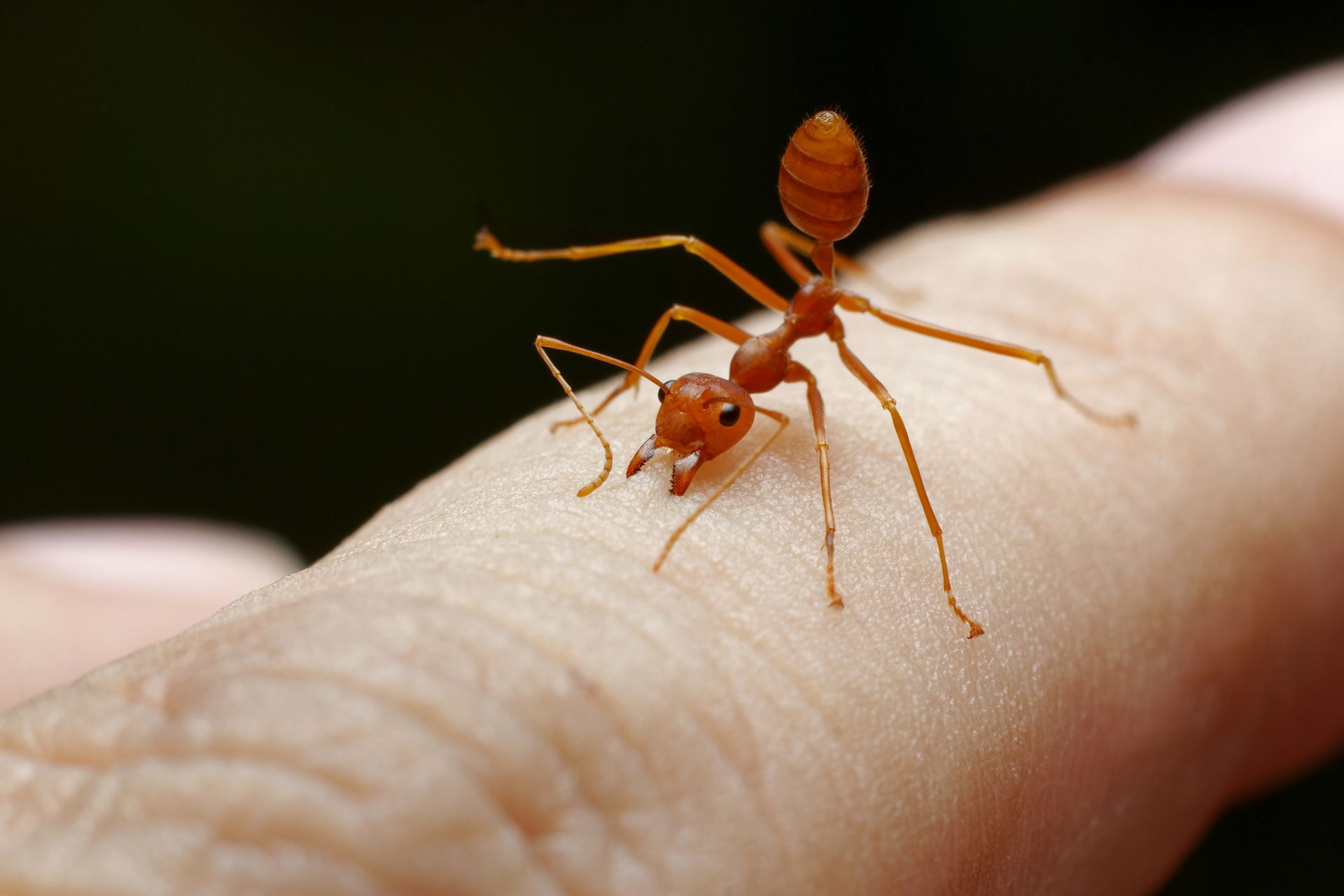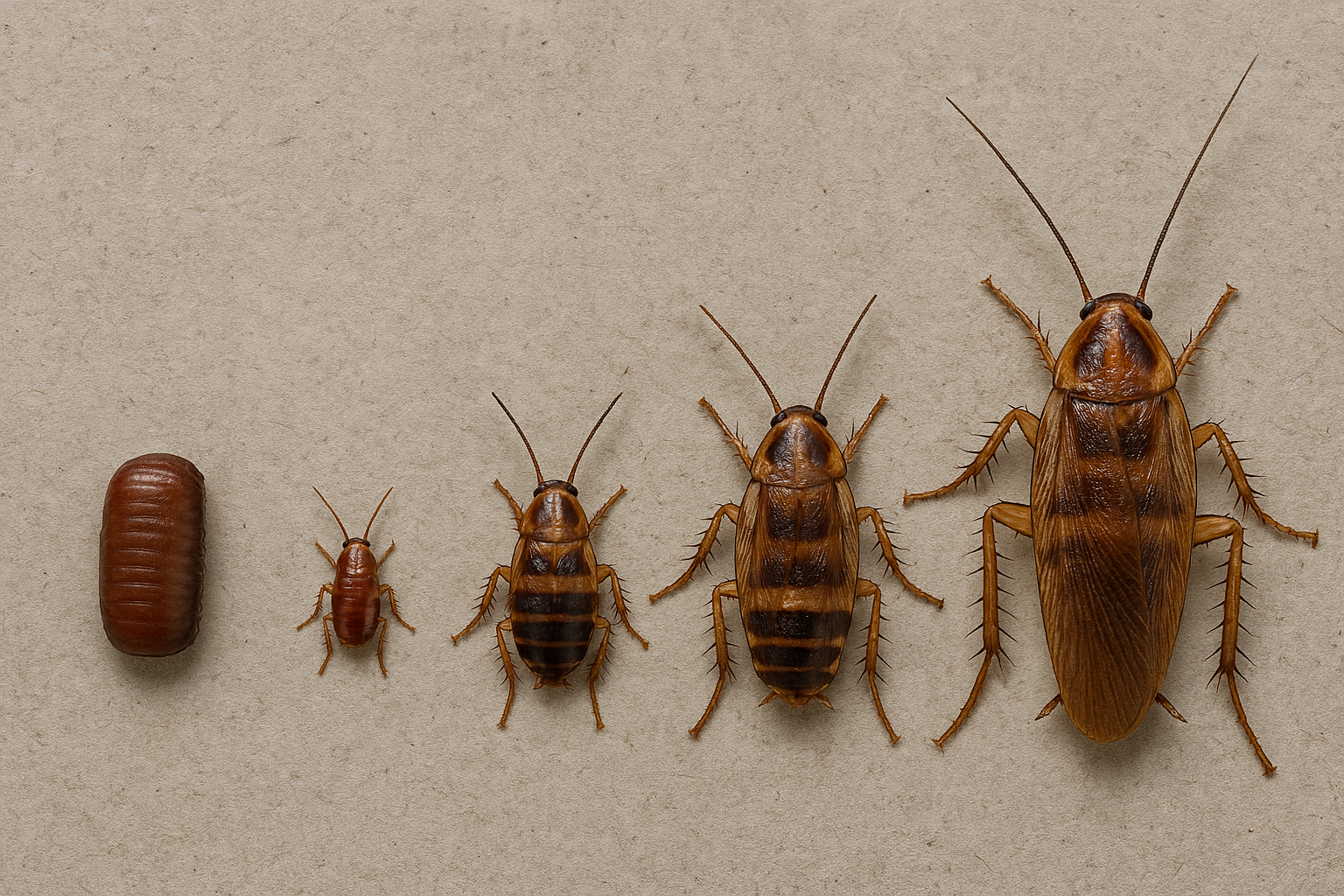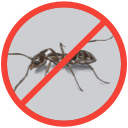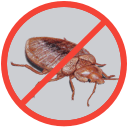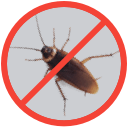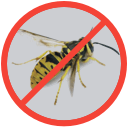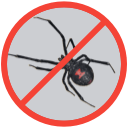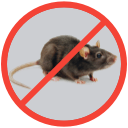What Do Ants Eat
What Do Ants Eat and Drink in Your House?
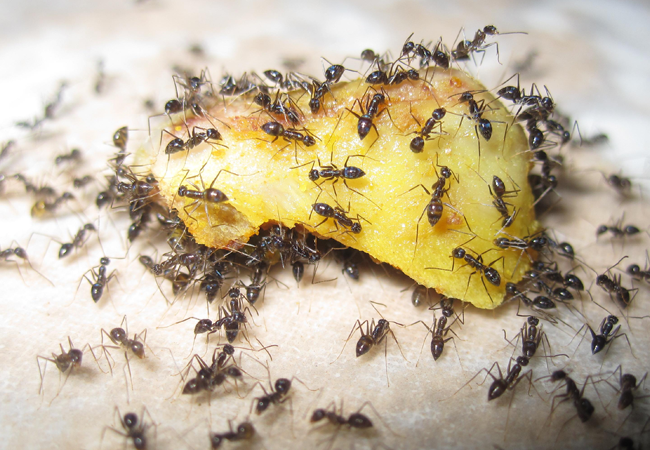
Ants are incredibly intelligent and opportunistic omnivores that scavenge, hunt, and farm. Each species has their own preference on what type of foods they enjoy but ants will consume just about anything that is edible, including most human foods. Ant’s ability to scavenge for food paired with their large numbers make them perfect for breaking down organic matter, cleaning out carcasses of dead animals, and eliminating food debris left on the ground. Ants will also attack other bugs including other ant colonies with the intent of consuming anything they kill. Some species will go as far to steal and eat the eggs and larva of other ant species when colonies are invaded. Some species that are advanced enough to farm the milk of aphids and different fungi. The ability to consume almost everything is likely why ants are so prevalent across the world.
Types of Food Ants Eat
Ant diets are extremely diverse with some species developing to only eat certain things. Most ants, however, can eat just about anything they find in their search for food for the ant queen.
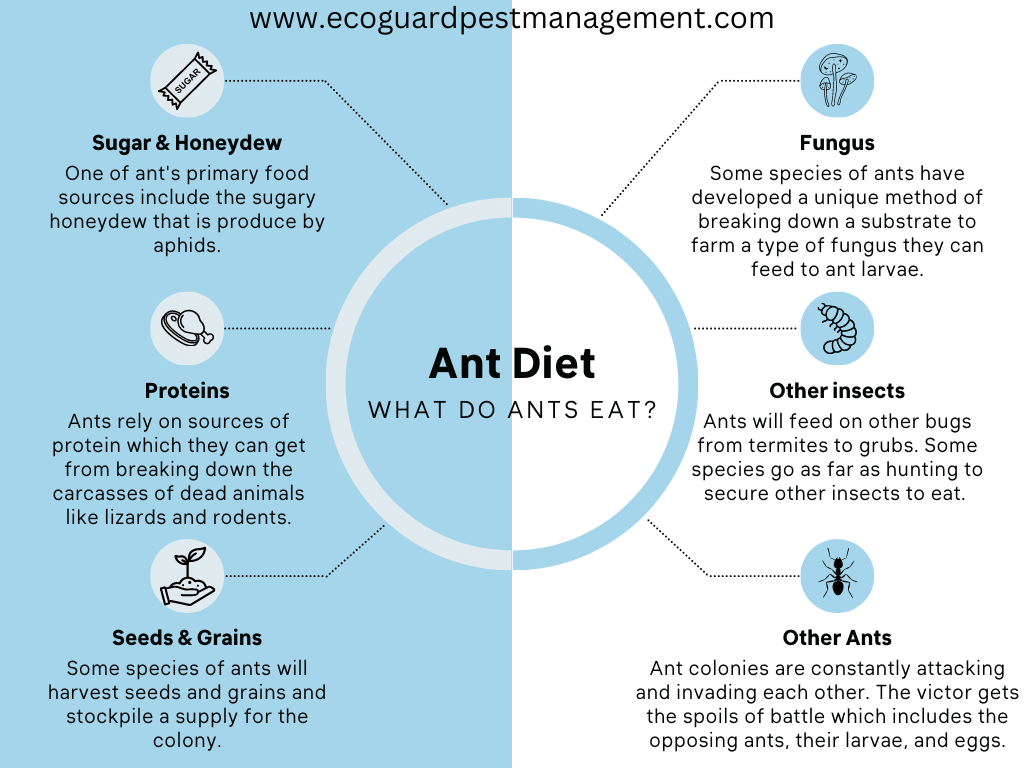
Sugar & Honeydew
Most ants are attracted to sugary foods. This is why you will find them drawn to honey, sugar, syrup, and candy inside your homes. Outside, where sugar may be difficult to find, some species of ants rely on aphids to satisfy their sweet tooth. Some ants have developed a symbiotic relationship with aphids which results in ants having access to the honeydew aphids create in exchange for protection from predators that might attack the aphids, like ladybugs.
Proteins
Foods that are protein dense are also important for ants to develop properly. Ants will often consume proteins like those found in peanut butter, eggs, grease, meats, and other insects to ensure the colony has enough protein for the ant larvae to develop.
Seeds & Grains
Some species of harvester ants’ diets rely solely on seeds and grains of local plant life for sustenance. These ants are often referred to as agricultural ants because they play a key role in the propagation of local plant life. By consuming specific seeds of certain plants, they help control some species that would otherwise take over a given space and suffocate the life of less aggressive plants.
Fungus
Some species of leaf cutter ants are mycological farmers that tend fungus patches to feed their larvae. Those species of leafcutters chew the leaves down into a pulp which is exposed to a mycelium growth to stimulate fungal growth. The fungus that is harvested from the leaf pulp is then used to feed the larvae, so they develop into mature adults.
Termites & Other Insects
Some ant species will hunt individual insects or work together to raid another nest or colony. Carpenter ants have been known to attack termite colonies to eat the termite eggs and larvae and then take over a colony. Other ants will also work as a group to hunt and dismember other insects much larger than them. While they will pursue active bugs for food, they also have no problem scavenging the bodies of dead insects.
Other Ants
Ants are cannibalistic and will eat ants within and outside of their own colonies. Queens will feed on larvae until enough workers exist to support the colony. Other species of ants are known to steal or kidnap ant eggs and larvae from other colonies for food. Fire ants are extremely territorial and will use the pheromone trails of other ants to find them and attack them.
Ants Eating Habits
The way ant colonies are structured, only worker ants search for food. Worker ants have 2 stomachs that they use to provide food for the entire colony. One is a personal stomach that is used for nourishment. The other is a communal stomach that they use to hold food until it can be returned to the colony to feed the queen, larvae, and soldier ants. When ant returns to the colony, they regurgitate the food stored in their stomachs to whatever ant communicates the needs for sustenance.
How workers collect food is largely controlled by the needs of the colony. This means that different times of the year will result in different signals from the queen with regards to what kind of food is needed. Springtime comes with colony expansion as temperatures rise which means that protein rich foods will be needed. Once ant larvae develop, the colony will need carbohydrate dense foods to provide enough energy to workers and the colony. Regardless of what type of food is needed, worker ants do a great job of breaking down large sources of food with their mandibles and returning the food to the colony.
What Do Ants Drink?
Ants can get a lot of the moisture they need to stay hydrated from the foods they consume but that doesn’t stop them from drinking water and sugary substances when they can. Ants being so small don’t need a lot of water to sustain themselves but it is estimated that they can consume between 6 – 8 microliters of fluids. To put this in perspective, 1 drop of water contains between 30 and 35 microliters of water.
What Do Ants Eat in The Winter?
Ants are great at preparing for colder periods when food becomes scarce. During this time, ants reduce their activity significantly. They spend much of their time clustered around the queen to maintain warmth deep inside of the nest where they remain confined. Before this happens, ants spend much of the fall bulking up in preparation of going without a steady supply of food. Ants will spend much of the final warm months building up stockpiles of food for them to draw from when they are sealed inside their colonies. These stockpiles will contain seeds and other scavenged goods that will provide the colony with the fats, carbohydrates, and proteins they need to make it through the winter. Once temperatures rise, the ant colony will resume normal levels of activity and immediately go out to search for food to feast on.
What Do Ants Eat in the Wild
Ants in the wild will rely on finding proteins from other bugs, ants, and even dead animals. They will be able to get their carbohydrates from the honeydew and other sugary substances that they find.
What Do Ants Eat in the Rainforest?
There have been over 200 discovered species of ants that can live in tropical rainforests. Most species of ant feed on a mixture of nectars and proteins found in the jungle. Some species, life leafcutters, are known for taking leaves and breaking the plant matter down and inoculating them with fungal spores that they farm for food. This is one of the most interesting ways ants produce their own food next to farming aphids for honeydew. Other species, like driver ants, are known to feed on other insects and the remains of dead animals on the rainforest floor. Regardless of species, ants play a significant role in the natural balance of rainforest ecosystems.
What Do Ants Eat in the Desert?
Ants that survive in the desert have far less resources available to them to consume. The desert dwelling species must adapt to less water and find ways to store food sources in order to survive. This makes harvester ants a perfect species to thrive in the dry desert landscape. They seek out the seeds of native grasses and store them inside their colonies until they are ready for consumption. Other species have adapted by learning to cooperate with other colonies to find resources and grow their colonies together.
What Do Ants Eat in the Garden?
Ants in a garden have plenty of food options to pick from. They can feed on the sugary honeydew that is produced by aphids, the bodies of other insects, and the pulp of garden variety fruits and vegetables. It is important to note that ants provide both benefits and disadvantages when it comes to garden activity. Ants can help to aerate the garden soil which helps roots take in more nutrients and oxygen as well as spread seeds that will take root and produce new plant life. They can also help break down decomposing organic matter and minimize the presence of grubs and larvae of other detrimental garden pests. The flip side to that is they also introduce mold or mildew that can spread to plants causing them to suffer and disturb the roots of plants.
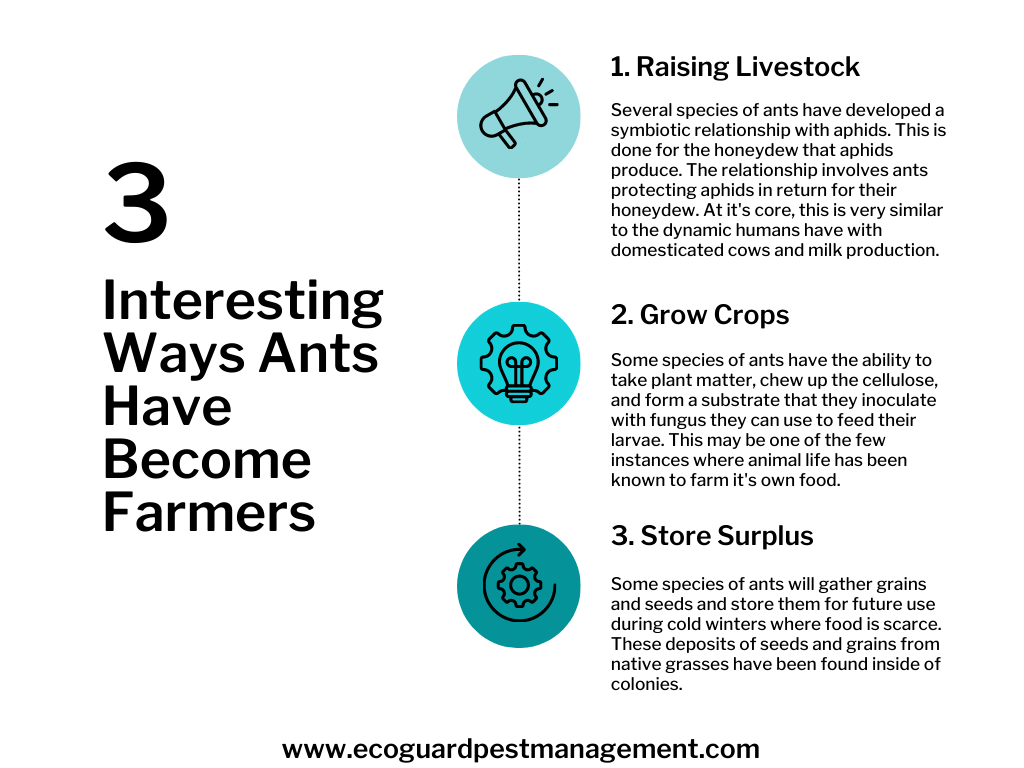
Ants Eating Inside Your Home
Once ants have invaded your home, they can find substitutes for the proteins and carbohydrates that they were able to find outside. This usually results in ants making their way into your kitchen because this is where ants are most likely to find little bits of food and trash for them to eat. Normally, the kitchen will have everything they need for ant to live a long life. If they end up finding a trash can with easy access and poorly sealed food storage, they can contaminate the clean food and spread disease.
How Do Ants Find Food?
Ants use a chemical sensing system that gives them the ability to “smell” the chemicals given off by food in extremely low concentrations. It is a sensitive sensory tool that ants will use to guide them away from ant deterrents that they think present a threat or obstacle. This sensory system even gives the ants the information they need to determine if they are sensing proteins or carbohydrates. Once one ant finds the food, they can return to the nest while releasing a pheromone that all other ants in the colony can use to find their meal. This is why you often see ants moving around in single file lines.
What Do Different Species of Ants Eat?
Carpenter ants: Carpenter ants compared to termites do not actually consume wood like termites do. They will only shred wood to create space for colony expansion. These ants prefer to eat honeydew and protein rich foods like other insects.
Argentine ants: These ants are one of the most successful species of ants in existence. This is likely because they consume just about anything that is edible. Their diets can adapt quickly to whatever food resources are available, making them extremely versatile.
Fire ants: Fire ants also consume anything that is edible, but they will also go on to attack their prey as well. They are aggressive and their painful sting helps them take down prey much larger than them.
Leafcutter ants: Leafcutters don’t actually eat leaves. They chew leaves to a pulp to help them grow fungus for the colony to feed on. They farm fungus which is then fed to the larvae and queen.
Thief ants: These ants generally seek out protein rich foods, but they have a special preference for meats, fats, and grease.
Army ants: Army ant colonies are notorious for reaching large numbers. These large packs hunt together and overwhelm any potential meal before dispatching it and breaking it down to return to the colony.
Driver ants: Driver ants are a tropical ant that is notorious for going on “hunts” that clear out the rainforest floor of any signs of insect life.
Sugar ants: As their name implies, sugar ants prefer sweet substances like honey, syrup, soda, candy, and honeydew.
Crazy / Ghost / Pavement / Odorous house ants: These ant species feed on the primary ant diet staples of proteins and carbohydrates. They all prefer sugary substances like honeydew or soda and will get their proteins from other insects.
Seed harvester ants: These ants are gatherers that spend their time harvesting seeds from native grasses and annual plant species. These seeds are returned to the colony where they are kept in grain silo like chambers for future colony use.
Contact EcoGuard Today If You Have Been Fighting Off Ants
If you have been dealing with ant problems, be sure to call EcoGuard Pest Management today to get a licensed ant control specialist out to inspect your home. We will find the colony and treat it using an integrated pest management approach. This combines the benefits of multiple treatments with prevention strategies to ensure that we are able to get rid of the ants in your home. Our team is ready to provide inspection and customize an effective treatment plan. Call today!


